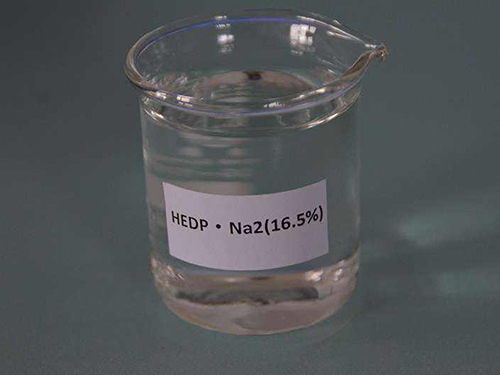water flocculation chemicals
Understanding Water Flocculation Chemicals Key to Effective Water Treatment
Water is essential for life, and ensuring its purity is crucial for health and environmental sustainability. One of the pivotal processes in water treatment is flocculation, where chemicals are used to agglomerate suspended particles into larger clusters or flocs, making them easier to remove from water. This article will delve into the role of flocculation chemicals, their types, and their significance in water treatment processes.
What is Flocculation?
Flocculation is a water treatment process that involves the aggregation of fine particles suspended in water, forming larger clusters known as flocs. This process is critical in various applications, including drinking water treatment, wastewater management, and industrial water recycling. Flocculation typically follows the coagulation stage, where coagulants are added to destabilize the suspended particles, allowing them to bond together.
Types of Flocculation Chemicals
Flocculation chemicals can be classified into several categories, each serving a specific purpose in the water treatment process
1. Coagulants These are the primary chemicals used to initiate flocculation. Common coagulants include aluminum sulfate (alum), ferric chloride, and polyaluminum chloride. They work by neutralizing the charges on suspended particles, allowing them to come together and form flocs.
2. Polyelectrolytes These are synthetic organic polymers that enhance the flocculation process. They can be cationic, anionic, or non-ionic, depending on their charge properties. Polyelectrolytes improve the efficiency of sedimentation and can significantly reduce the volume of sludge generated during treatment.
3. Flocculants While sometimes used interchangeably with coagulants, flocculants specifically refer to chemicals that promote the aggregation of already destabilized particles. Flocculants help in forming larger flocs that can settle more quickly during the sedimentation phase. Examples include natural products like guar gum and synthetic options like polyacrylamide.
water flocculation chemicals

4. pH Adjusters The pH of water plays a critical role in the efficiency of flocculation. Chemicals like lime and sodium carbonate are often used to adjust the pH, ensuring optimal conditions for the flocculation process.
Importance of Flocculation Chemicals in Water Treatment
Flocculation chemicals are vital in achieving clean, safe water by
- Improving Water Quality By removing suspended solids, flocculation reduces turbidity, color, and odors in water, resulting in improved aesthetic and health properties.
- Enhancing Sedimentation Properly sized flocs settle more rapidly, leading to reduced sedimentation times and improving the overall efficiency of water treatment systems.
- Minimizing Chemical Usage The use of effective flocculants can reduce the quantity of chemicals needed during treatment processes, resulting in cost savings and reducing the potential for chemical overuse.
- Environmentally Friendly Solutions Many modern flocculation chemicals are designed to be biodegradable, minimizing their environmental impact compared to traditional water treatment chemicals.
Conclusion
Water flocculation chemicals play an indispensable role in modern water treatment practices, contributing to the production of clean, safe water necessary for public health and environmental conservation. The selection of appropriate chemicals and their effective application are key factors in enhancing the efficiency of water treatment systems. As the demand for clean water continues to rise globally, advancements in flocculation technologies and the development of innovative chemical solutions will be essential to meet these challenges. Understanding and implementing effective flocculation strategies will remain crucial in ensuring a sustainable water future.
-
Pbtc Scale InhibitorPBTC: A Scale Protector for Industrial Water TreatmentNewsAug.05,2025
-
Organic Phosphonate: An Efficient Defender in the Field of Scale InhibitionNewsAug.05,2025
-
Hydrolyzed Polymaleic Anhydride: Green Pioneer in Scale Inhibition FieldNewsAug.05,2025
-
PAPEMP Polyamino Polyether Methylene Phosphonic Acid For SaleNewsAug.05,2025
-
Flocculant Water Treatment: A Pioneer in Purification in the Field of Water TreatmentNewsAug.05,2025
-
Benzyl Isothiazolinone: An Efficient and Broad-Spectrum Antibacterial Protective GuardNewsAug.05,2025





